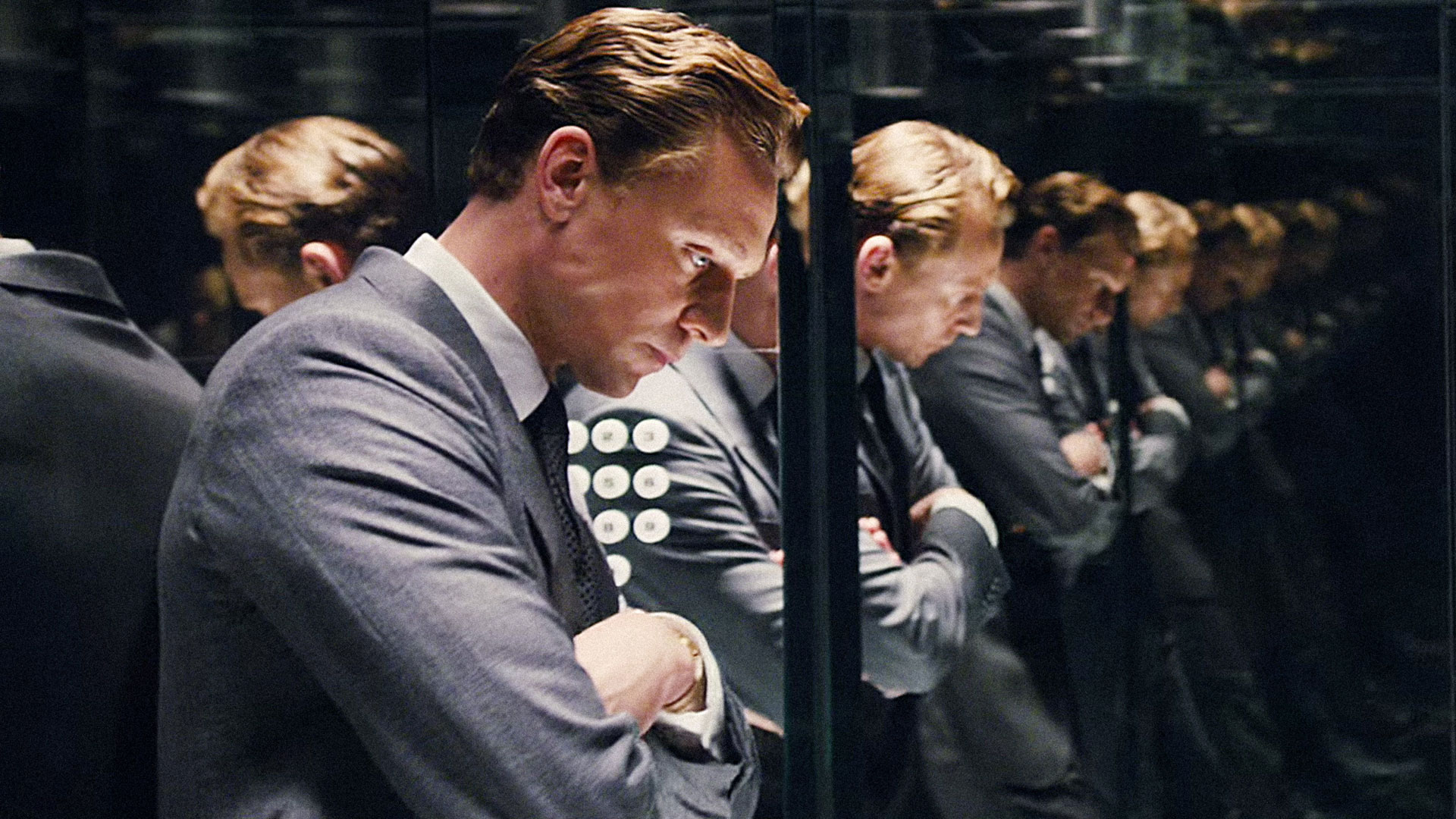Do we all live in a metaphorical high-rise?
Yeah, definitely. The building could represent a building, or a man, woman, town or country. It could represent all things fighting within the personality of one person or a country or the world. Within your own mind there are many different agendas that you aren’t necessarily in total control of consciously.
Margaret Thatcher makes a cameo appearance of sorts in the film [which stars Tom Hiddleston, pictured above]. Is that to show that the destruction in this single building is about to spread?
There are two sides of the Thatcher story – there’s also the champagne, cocaine, property booms and people getting incredibly rich. At the same time as there’s collapse, there’s rise. There’s greed but also the dismantling of social services – stand on your own two feet while making it easier for the rich to get richer. That anybody has any confidence in anything at all, after the near total global collapse of the banks only a few years ago and the fact that nothing has been done to sort it out, boggles my mind.
Does government have the same power and influence as it did?
We’re almost in a point of post-politics, Trump particularly at the moment, but our own politicians say stuff and nobody says anything about it or if they do it makes no difference. The moment it moved into this world of not mattering for me was after a million people marched against the war. If you have that many people mobilised against the political system and the political system shrugs… then there is no more politics.









